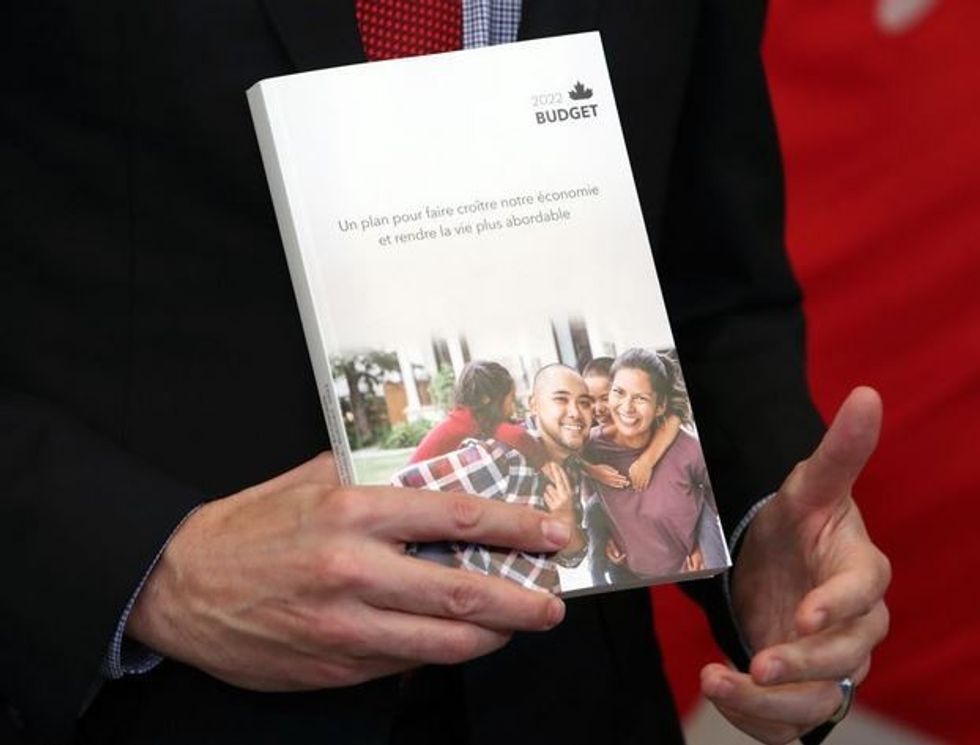What’s In the Budget For Arts & Tourism Industries
The new federal budget includes $31 billion in net new spending over the next five years. Highlights pertinent to Arts & Tourism are spelled out in bullet-form highlights with pertinent links included.

By David Farrell
Finance Minister Chrystia Freeland delivered the first federal budget since the 2021 federal election that returned the Liberals to power.
The new budget includes $31 billion in net new spending over the next five years. Highlights pertinent to Arts & Tourism include:
$300 million over two years for Canadian Heritage to establish a Recovery Fund for Arts, Culture, Heritage, and Sport sectors;
$49.6 million over three years to Canadian Heritage for the Building Communities Through Arts and Heritage Program, the Canada Arts Presentation Fund, and the Celebration and Commemoration Program; and
$21 million in 2021-22 as immediate operational support to the CBC/Radio-Canada to ensure its stability during the pandemic and enable it to continue providing news and entertainment programming that keeps Canadians informed.
advertisement
$200 million through the regional development agencies to support major festivals and events;
$200 million through Canadian Heritage to support local festivals, community cultural events, outdoor theatre performances, heritage celebrations, local museums, amateur sport events, and more;
$100 million for Destination Canada for marketing campaigns to help Canadians and other visitors discover and explore the country; and
A $500-million Tourism Relief Fund, administered by the regional development agencies, to support investments by local tourism businesses to adapt their products and services to public health measures, as well as other investments that will help them recover from the pandemic and position themselves for future growth.
Additionally, a $60-million Arts Workers Resilience Fund will back initiatives that provide short-term financial assistance to those experiencing economic hardship and requiring emergency support; and/or
provide workers with guidance, information, and professional development opportunities in areas such as financial management, mental health and well-being, and career transition.
Here’s what the Canadian Independent Music Association had recommended for inclusion in the 2022 federal budget:
Recommendation 1: Accelerate the commitment to a permanent increase to the Canada Music Fund (CMF) from $36 million to $50 million in 2024-25 by two years to 2022-23.
advertisementRecommendation 2: Ensure that new funding mechanisms emanating from Online Streaming Act reforms to broadcasting include provisions for funding to be directed to the Canada Music Fund or a complementary fund.
Recommendation 3: Extend the term of copyright to 70 years plus the life of the creator, as part of the Budget 2022 process, in order to bring our laws into alignment with our trading partners as part of the USMCA agreement.
Supplementary Recommendations 4: Move forward with amendments to the Copyright Act in an expedited fashion and support reforms that benefit Canadian independent music.
– Further explanatory details can be found on the CIMA website.

















